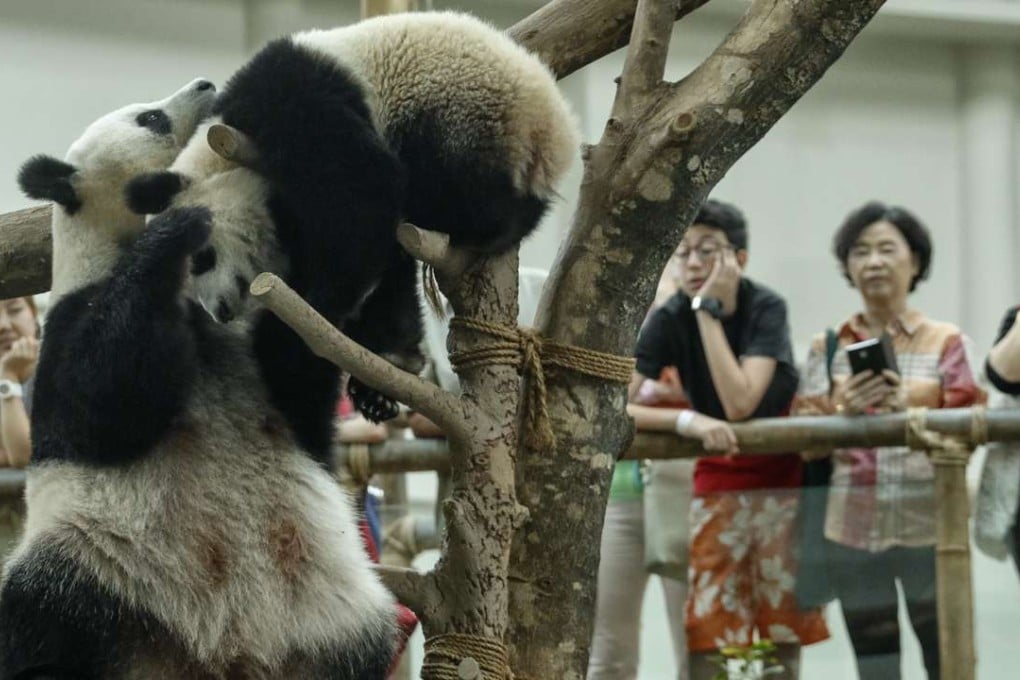A rising China is good news for ethnic Chinese in Southeast Asia – up to a point
N. Balakrishnan says the Chinese diaspora may enjoy the cultural pride and economic opportunities that come with a stronger China, but no one wants it as a competitor

On the last day of the Rio Olympics, when the celebrated Malaysian badminton player Lee Chong Wei was playing in the final against a Chinese, I was attending Malaysia’s Merdeka Day (Independence Day) Ball. The crowd of mostly Chinese Malaysians was rooting for Lee, even though most Chinese Malaysians feel discriminated against in many spheres in their country.
It was not always thus. A generation or two ago, not just the Malaysian but even the Singaporean government had been embarrassed by the spectacle of their ethnic Chinese citizens cheering for the team from China. But, today, most ethnic Chinese, and Indians too, have grown up in Malaysia to feel it is their homeland, warts and all.

There may be trouble ahead for China and Singapore
The feelings towards China are not antagonistic. Even now, China can be seen as a “protector” of the Chinese minority in Malaysia. During last year’s Mid-Autumn Festival, China’s ambassador to Malaysia, Huang Huikang, went to Kuala Lumpur’s Chinatown and said China “opposes terrorism and any form of discrimination against races”. A political rally asserting “Malay supremacy” was in the works at the time. The remarks caused a political storm going all the way to the cabinet.
Economic interests always prevail over race, ethnicity or culture
Whether the ambassador’s remarks were a calculated political move, only he knows. But it shows that China has the power to influence the domestic political dynamics in many Southeast Asian countries.
China’s power projection in Malaysia and other Southeast Asian countries goes back at least a few hundred years when the local sultans sent tributes to the Middle Kingdom or appealed to it to support them in their claims to the throne. These dynamics should not surprise us any more than the influence the US exerts on Latin America or Russia exerts on some of the Eastern European nations. But this does not mean the Chinese diaspora is a fifth column for China.
Economic interests always prevail over race, ethnicity or culture. The reason the British were able to defeat the China-inspired, if not controlled, Communist Party of Malaya was because the Chinese community, mostly urban and some of whom were very wealthy, did not support communism.
